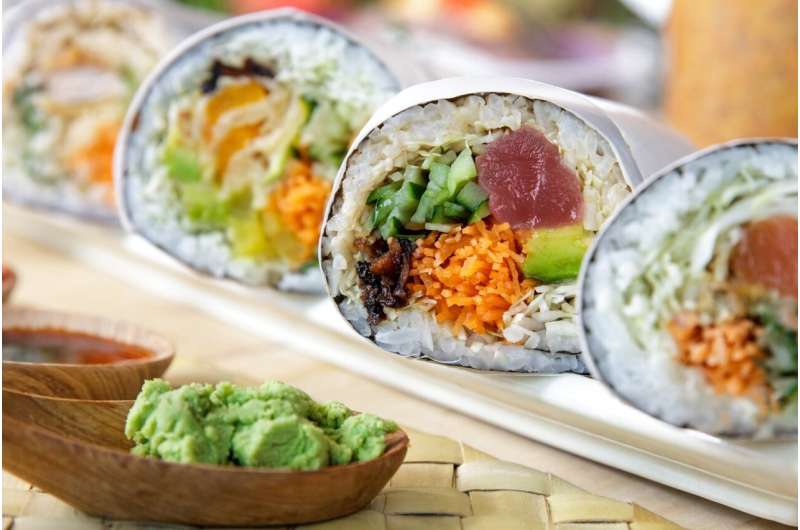
Wasabi, that green condiment that spices up your sushi, may possess memory-boosting powers, a new Japanese study suggests.
Lead researcher Rui Nouchi, an associate professor at Tohoku University’s Institute of Development, Aging and Cancer, said the strength of the results surprised the team, despite the fact that the findings were based on a small number of volunteers who were healthy.
“We knew from earlier animal studies that wasabi conferred health benefits,” he told CBS News. “But what really surprised us was the dramatic change. The improvement was really substantial.”
The research was published recently in the journal Nutrients.
So, exactly what might drive the memory boost that wasabi provides?
The active ingredient in wasabi is an antioxidant and anti-inflammatory compound called 6-MSITC, which is only found in trace amounts throughout the plant kingdom, Nouchi noted.
In the study, 72 healthy volunteers between the ages of 60 and 80 were split into two groups. One took 100 milligrams (mg) of wasabi extract at bedtime, while the rest took a placebo.
After three months, the wasabi group saw boosts in both short- and long-term memory, based on standard tests for language skills, concentration and ability to carry out simple tasks.
Those who got the wasabi saw their episodic memory scores jump an average of 18%, Nouchi said, and they scored on average of 14% higher than the placebo group overall.
The researchers theorized that 6-MSITC reduces inflammation and oxidant levels in the hippocampus, the area of the brain responsible for memory.
Volunteers dosed with wasabi showed “better performance in associating faces and names, which is often the major memory-related problem in older adults,” Nouchi noted.
A specialist in dementia prevention, Nouchi said he turned to wasabi after seeing high dropout rates with other methods of preserving brain health, including the Mediterranean diet, exercise and music therapy. He reasoned that a daily supplement would be easier for seniors to take, while offering more benefit than other anti-inflammatory spices such as ginger and turmeric.
The Tohoku team plans to test wasabi on other age groups and explore whether the spice can slow memory declines in dementia patients.
However, good luck finding the real wasabi at your local restaurant, CBS News reported, since many just use white horseradish that is dyed green.
Native to Japan, wasabi is notoriously difficult to cultivate. The plant takes nearly two years to reach maturity and requires exacting growing conditions, CBS News reported.
Luckily, just a small dab will match what was used in the Japanese study, the researchers added.
Wasabi maker Kinjirushi Co. funded the study, although the researchers said the company had no role in the study itself.
More information:
Rui Nouchi et al, Benefits of Wasabi Supplements with 6-MSITC (6-Methylsulfinyl Hexyl Isothiocyanate) on Memory Functioning in Healthy Adults Aged 60 Years and Older: Evidence from a Double-Blinded Randomized Controlled Trial, Nutrients (2023). DOI: 10.3390/nu15214608
Journal information:
Nutrients
Source: Read Full Article
